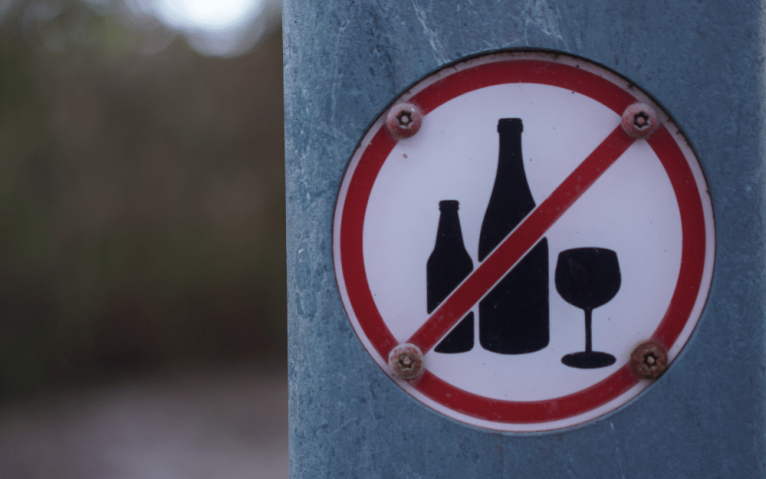While prohibition ended in the early 1930s, some states still have designated dry counties with strict alcohol laws. For those in alcohol addiction recovery, dry counties can offer somehow a safety net against relapse. Yet, nothing is set in stone, and it is nearly impossible to fully say that living ina dry county can get you from relapsing. Mostly because, just like in prohibition-era days, alcohol still finds its way in these states.
What is a Dry County?
A dry county is where the government prohibits the sale of any kind of alcoholic beverage. However, there are levels of restrictions. Some prohibit off-premises sales, others on-premises sales, and some forbid both. Today, there are still dozens of dry counties across the United States, mostly in the South. Sometimes known as dry cities, dry townships, or dry towns, there are also smaller jurisdictions with strict alcohol laws.
Alcohol-regulated counties can be categorized as follow:
- Dry counties: Sales of alcohol are prohibited to an extent.
- Moist counties: Some alcohol products and establishments are not permitted but are not fully regulated.
- Wet counties: Sales of alcohol are allowed but regulated.
States That Still Have Dry Counties
Most people find it surprising to learn that many states still have dry counties. According to the National Alcoholic Beverage Control Association, these are the last-standing dry counties in the United States.
| State | No. of Dry Counties |
|---|---|
| Arkansas | 34 |
| Florida | 3 |
| Georgia | 5 |
| Kansas | 3 |
| Kentucky | 15 |
| Mississippi | 12 |
| South Dakota | 1 |
| Tennessee | 5 |
| Texas | 5 |
In Florida, dry counties are Lafayette County in North Florida and Liberty and Washington Counties in the Florida Panhandle. Until 2012, Madison County was a partially dry county, but voters repealed the laws regulating alcohol sales that year.
Unfortunately, dry counties don’t equal fewer addiction problems. Estimates believe that up to 16.4% of adults engage in excessive drinking in Florida’s dry counties. Remember, most of these counties are close to others that allow full sales of alcoholic beverages. Residents can easily travel to nearby counties to bring alcohol back home.
How Recovering Alcoholics Can Benefit
While many residents may, despite the idea of dry counties, recovering alcoholics can actually benefit from living there. When someone leaves a rehab facility, they’re constantly bombarded with triggers to drink again that can lead to a relapse — especially in South Florida.
However, living in a dry county means, at least in entertainment places, grocery stores, and even bars, people can enjoy their time without alcohol triggers. It might be a refreshing spot to move or vacation, particularly in the early days of recovery.
Finding Help for Alcohol Addiction in Wet Counties
Of course, there are more wet counties than dry ones. Anyone struggling with alcohol addiction in states that don’t have such strict laws against alcohol sales needs to find the right support. While our rehab facility is located in Boynton Beach, a wet county, our aftercare rehab programs offer support and structure to prevent relapse. By focusing on group therapy paired with individual psychotherapy and relapse prevention classes, we help our patients find the balance and strength they need to live an alcohol-free lifestyle, even after completing treatment.
If you or someone you know is struggling with alcohol addiction, seek out help today. At Lighthouse Recovery Institute, our comprehensive alcohol addiction treatment program caters to your unique needs and struggles to help you start your road to recovery.





